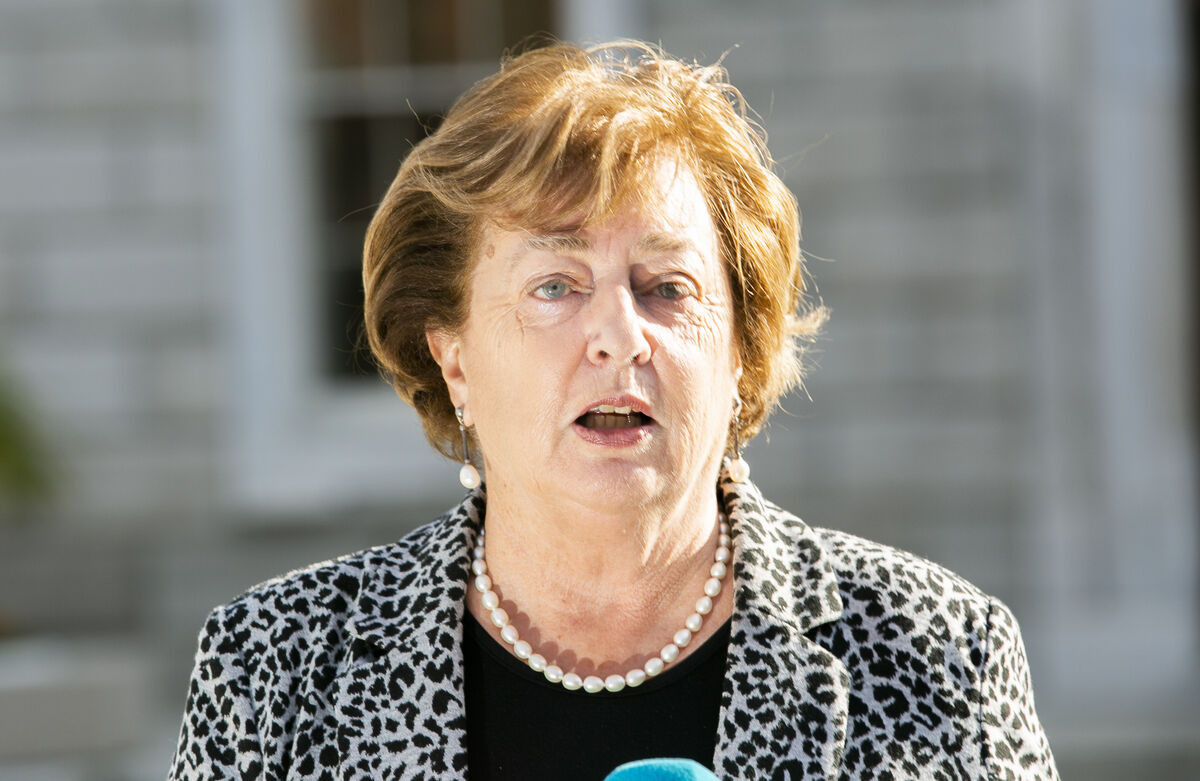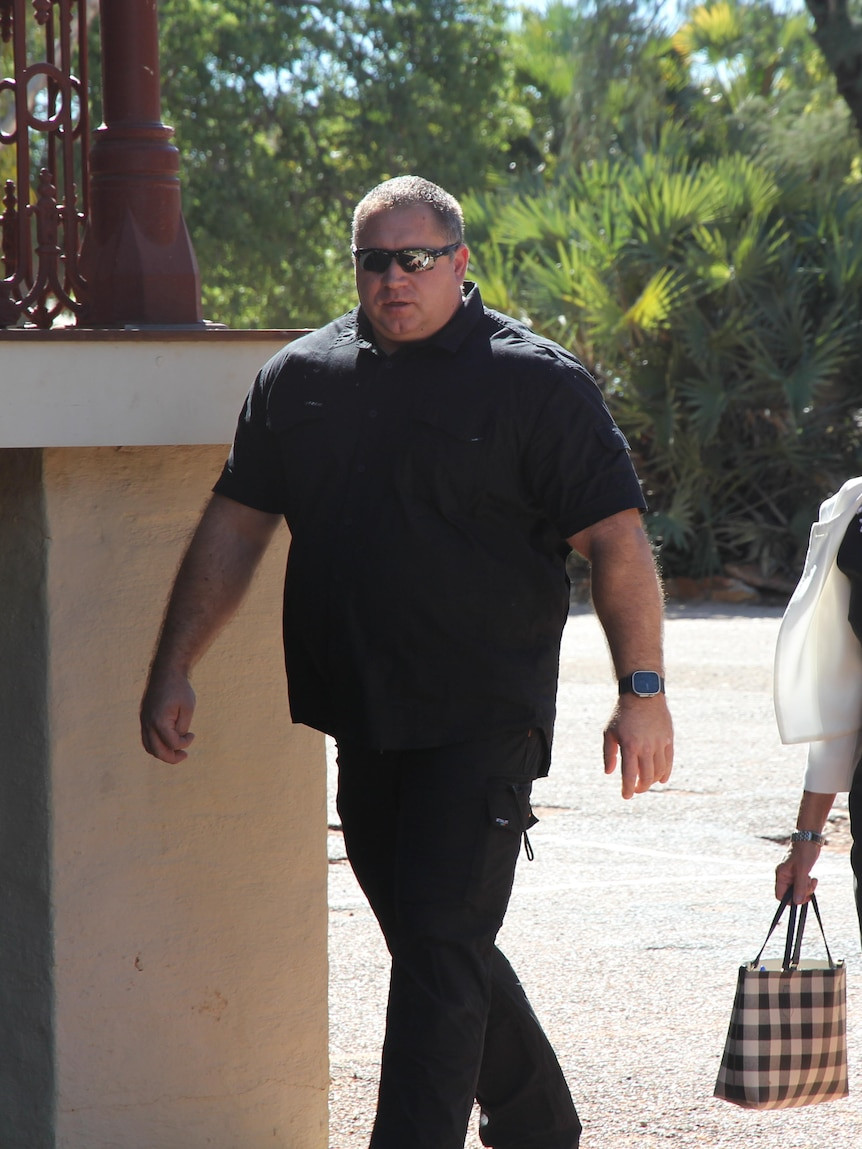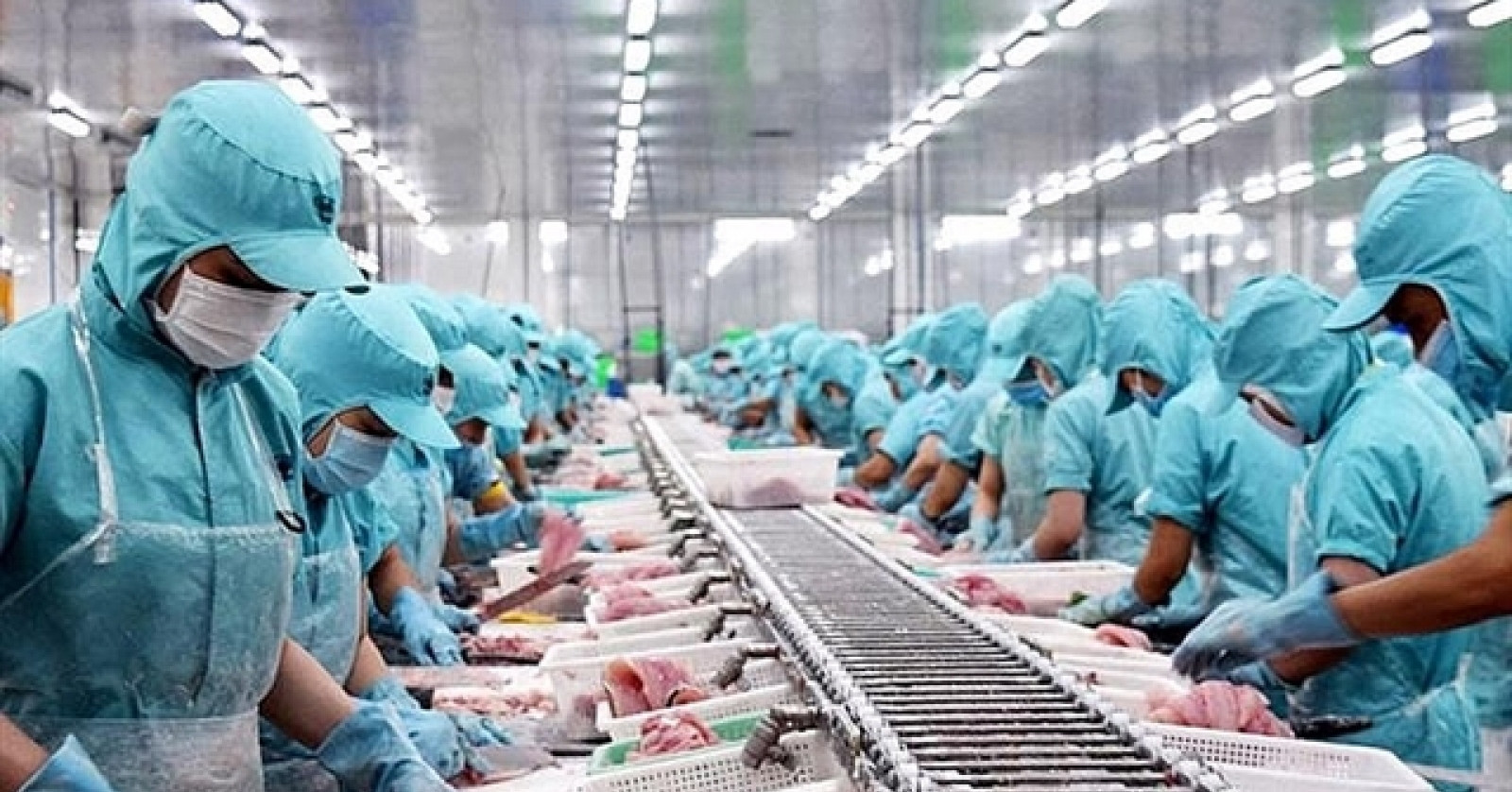Social Democrats TD Suspended Amidst Palantir Shares Controversy
A newly elected TD, Eoin Hayes, has been suspended from the Social Democrats parliamentary party following a controversy surrounding his sale of shares in Palantir Technologies, a US software company that supplies technology to the Israeli military. The revelation has sent shockwaves through Irish politics, prompting intense scrutiny of the party's vetting process and sparking wider discussions about transparency and conflict of interest for elected officials.
The Palantir Connection
Hayes, who won a Dáil seat in Dublin Bay South, confirmed selling his shares in Palantir for a pre-tax sum of €199,000 in July 2024. This transaction occurred just one month after he was elected to Dublin City Council. Initially, he stated that the shares were sold before entering politics, but later retracted this statement, issuing an apology for providing incorrect information. The discrepancy in his statements has drawn significant criticism.
Timeline of Events
The timeline of events surrounding Hayes' share divestment is crucial to understanding the controversy:
- Hayes worked for Palantir between 2015 and 2017.
- He received shares as part of his compensation package.
- In June 2024, he was elected to Dublin City Council and declared divestment of all shares in the last year.
- In July 2024, he sold the Palantir shares.
- In December 2024, he won a seat in the Dáil.
- His initial statement to the press concerning the share sales was inaccurate. The truth came out only after further questioning.
The fact that he sold the shares a month after being elected as a councillor caused significant concerns. This inconsistency prompted further investigations by both the public and the Social Democrats party.
The Ethical Concerns
The core issue revolves around Palantir's involvement in providing technology to the Israeli military, particularly in the context of the ongoing conflict in Gaza. The company's AI software and intelligence systems are used to identify targets, a fact that has raised ethical concerns, and has put the Social Democrats' strong position against the war in Gaza in direct conflict with Hayes' financial dealings.
Hayes himself maintained that he had no role in military contracts during his tenure at Palantir, stating his role was in areas like HR and IT. He emphasized that he became greatly concerned about Palantir’s increasingly vocal support of the Israeli military. However, he admitted that he should have sold the shares much earlier, expressing regret at the delayed divestment.
Public Reaction and Party Response
The revelation ignited a heated debate within the Irish political landscape. Critics accused Hayes of direct profiteering, while supporters pointed to his explanation and apology. The Social Democrats party, which has consistently denounced the war in Gaza, moved swiftly. Deputy leader Cian O’Callaghan issued a statement confirming Hayes’ suspension from the parliamentary party, emphasizing the importance of accountability and transparency for elected officials.
The Fallout and Future Implications
The Eoin Hayes affair has raised significant questions. The focus has expanded to include a review of the party's candidate selection procedures and background checks, with questions being raised about the party's due diligence in vetting potential candidates. The broader implication for Irish politics includes a renewed conversation about ethical standards for public officials and the need for comprehensive transparency in their financial affairs. The suspension itself serves as a strong signal regarding the severity of the situation, and how seriously the party takes its commitment to ethical conduct.
The incident, even though isolated, leaves the Social Democrats with a crucial image problem to address before the next election. The impact of this scandal on the party’s reputation and its future performance remains to be seen. It undoubtedly casts a shadow over the party's recent electoral successes. The events emphasize a critical need for ongoing reflection on the processes around ethical conduct and transparency in politics.
What Happens Next?
The immediate future remains uncertain. While Hayes’ suspension from the party is in place, his position as a TD remains unaffected. The extent of the long-term impact on his political career and the Social Democrat’s party image is a matter of speculation. The fallout from this incident has certainly opened an important dialogue surrounding the ethical responsibilities of politicians and the need for increased scrutiny. The way this matter is handled by both the individual and the party will determine the long-term impact. The Irish public, the electorate that elects their leaders, will now be closely watching to see the outcome.


















